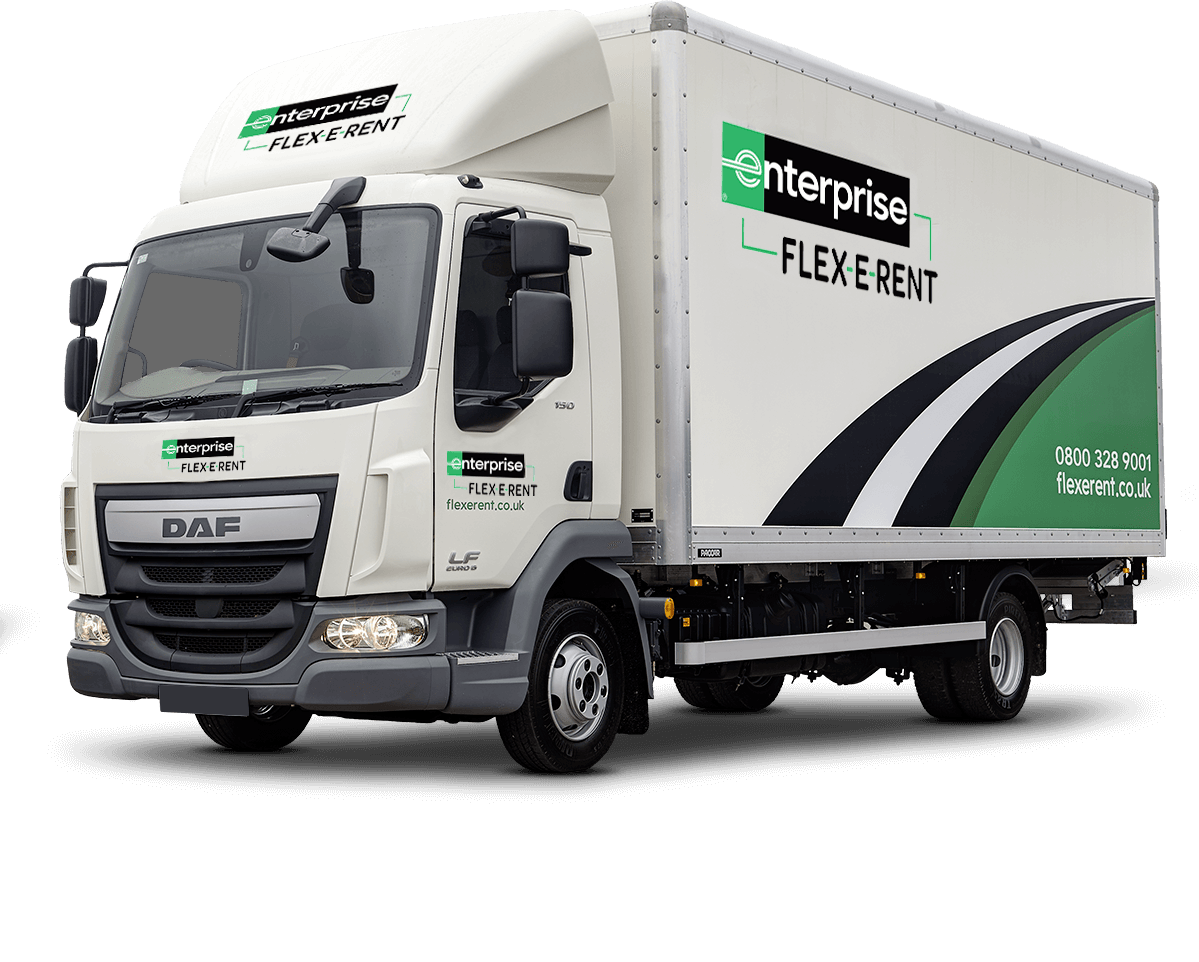We saw a worrying trend 5 to 10 years ago in the wake of the credit crunch. As companies came under pressure to cut costs, van fleet maintenance often ended up in the firing line and the buck was passed to HR departments or an administrator. After all, they deal with HR issues and company car plans, so it made sense, right?
Unfortunately, in many cases the buck was passed again, with outsourcing of compliance and ownership becoming more commonplace in the mistaken belief that the risks had also been outsourced in the process. They hadn’t - and so the risks of fines, prosecution, imprisonment and ruining the company’s reputation went unchecked.
With the uncertainty that looms in the aftermath of Brexit, we thought it was a good time to set out the background to your commercial vehicle maintenance obligations, the serious consequences for non-compliance, what is required and the pros and cons of outsourcing.
The background to the compliance burden of commercial vehicle maintenance
Under the Health and Safety at Work etc Act 1974 (HSW Act 1974) businesses must ensure, “so far as reasonably practicable”, the health and safety of all employees while at work. You must also ensure that others are not put at risk by your work-related driving activities.
It is easy to see why companies feel burdened by their vehicle maintenance requirements. It’s no exaggeration to say that the duties are wide-ranging. Yet when you take a look at the backdrop of accident stats the burden becomes a lot more understandable.
Did you know that driving is the number one occupational risk undertaken at work and that up to 1 in 3 road crashes involve a vehicle being driven for work? Of these, 200 people will suffer death or serious injuries. It may be easy to disregard that stat and believe it will never happened to you, but 1 in 3 of those injured in road traffic accidents experience enough pain to require a week off work.
From burden to business case – the consequences of failing to get it right
The impact of those seriously injured or requiring time off work does not just end with the victim. It impacts your business – and not just as a result of paying sick pay, rehabilitation and increased insurance costs.
You can face much more serious consequences. In the worst-case scenario of your employee being involved in a fatal road traffic accident, you can face an unlimited fine and senior management can face prison for causing death or breaching their duty through “the way in which its [the company’s] activities are managed or organised”.
Then there is the potential investigation and prosecution by the HSE, regardless of whether you or your employee were deemed liable for the accident. Fail to provide the proof and the HSE may prosecute and “name and shame” your company.
Your legal duties
In brief, your legal duties (and your drivers’) include:
- Keeping a current Certificate of Roadworthiness for each of your vehicles and trailers over one-year-old (including vehicles and trailers hired in).
- Ensuring a routine maintenance programme for every vehicle is in place, with maintenance carried out at fixed intervals of time or mileage, according to the manufacturer’s instructions as a minimum.
- 37 daily vehicle safety checks – click here for a video of how to perform these checks.
- Drivers are to report any issues that signify that the vehicle is developing a fault, such as warning lights coming on and strange smells or sounds.
- A thorough system of reporting anything that may affect the roadworthiness of the vehicle to a designated, responsible person must be in place.
- Written reports must be made and, if remedial action is taken, then you should keep records for at least 15 months and keep details of the repair work and repairer.
- All staff must be informed clearly of their legal responsibilities.
- Staff must receive quality training to carry out their duties.
The pros – and risks – of outsourcing
Outsourcing your vehicle maintenance may seem like a good way of reducing the burden on your company. However, to reduce the resource pressures you are facing, you should check what is included:
- Do they carry out all regular servicing in line with the manufacturer’s instructions?
- Do they have mobile software to make the driver vehicle checks much easier to follow and record?
- Are your checks automatically stored so that you have an unbreakable audit trail in place?
- Can you receive help with driver training?
- Can they advise on other issues regarding compliance? Remember, you need to do all that you can to reduce risk “so far as reasonably practicable”.




